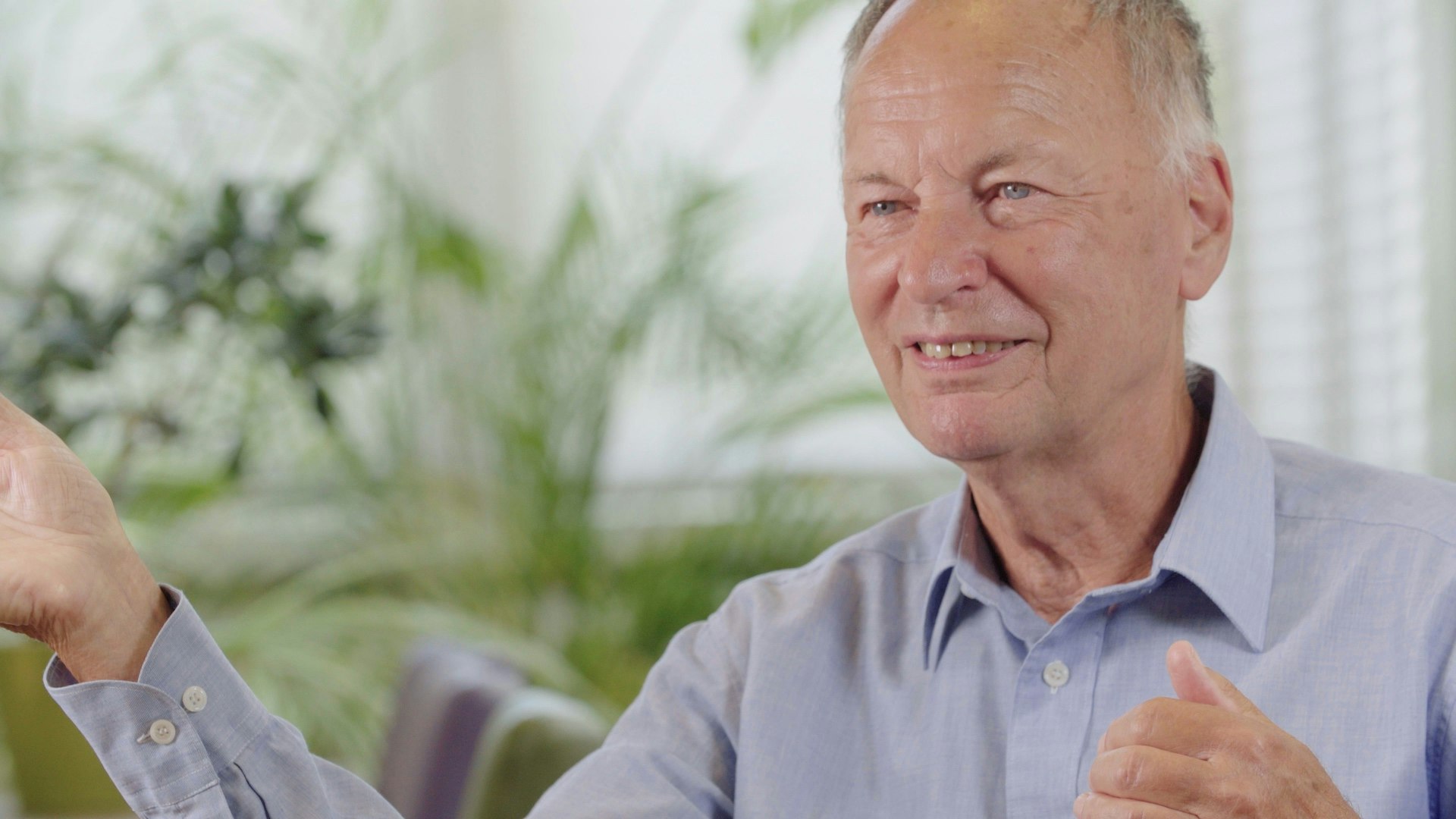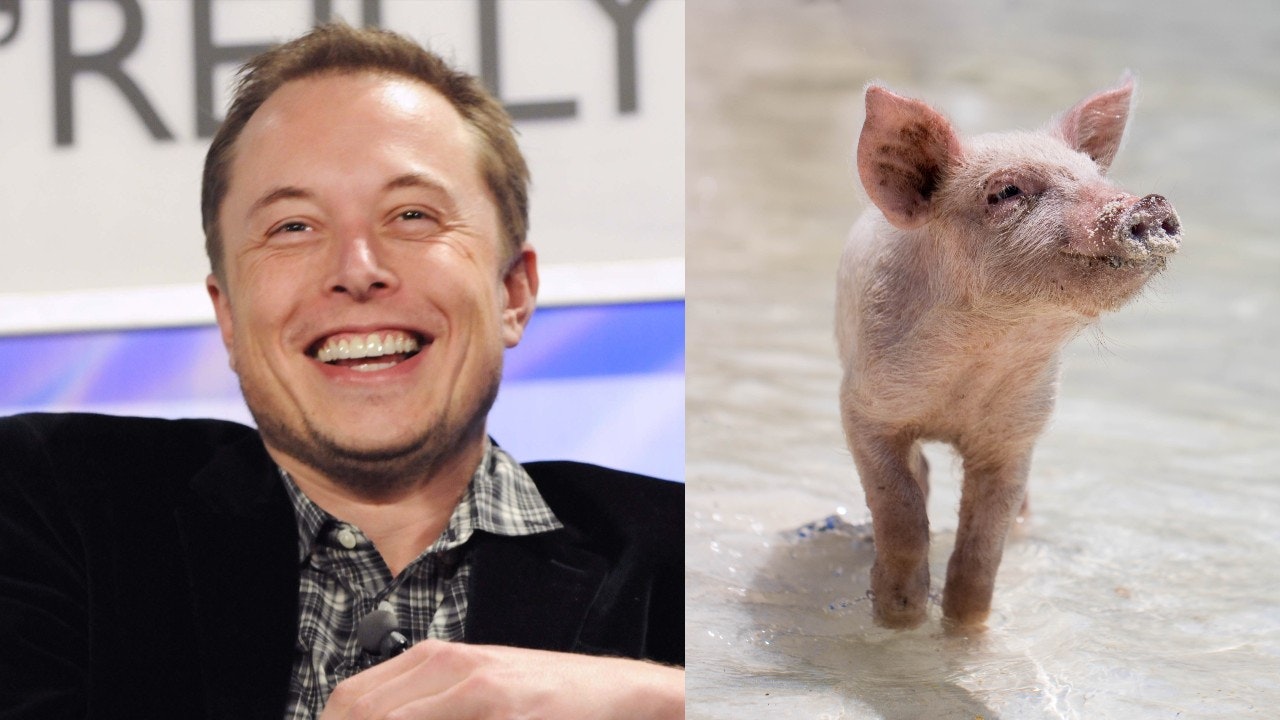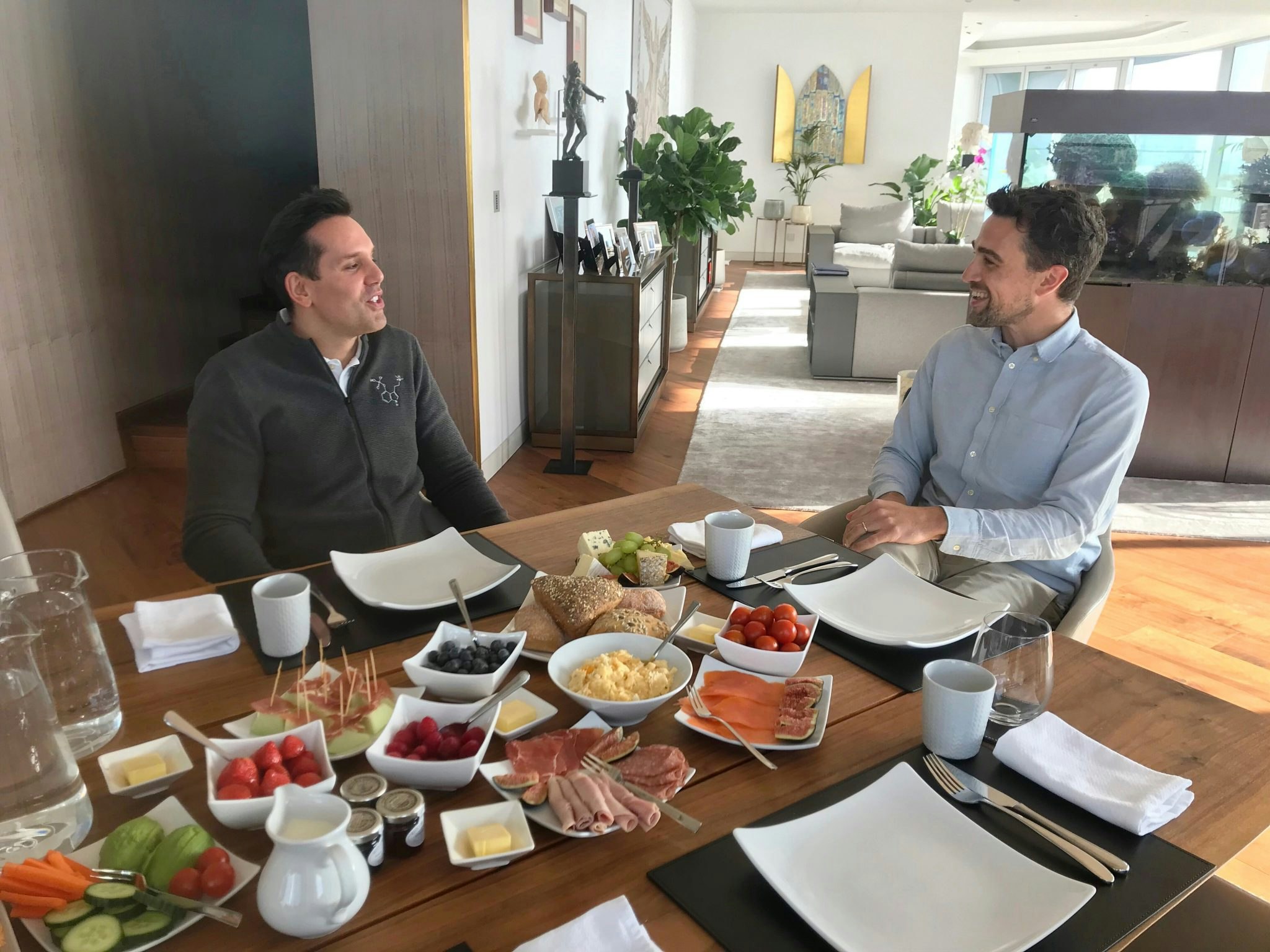For the first time in human history, more people die from diseases that come as a consequence of old age — such as cancer and heart attacks — than infectious disease.
It is also the first time in history that humans are just starting to understand what actually makes us age, with a whole new science emerging around concepts like telomere attrition, epigenetic alterations and zombie cells.
Just a few months ago, scientists in Tel Aviv managed to actually reverse the ageing process for the first time ever.
These forces have led to a whole new ecosystem of early-stage biotech companies and VC investors with a bold mission: curing ageing. While still dominated by the US, this is an emerging force in European biotech as well.
We are living in the first iteration of humans on the planet that for the very first time understands, on a biochemical level, what makes us age
Nils Regge, the cofounder and managing director of VC firm Apollo Health Ventures, that has invested in companies such as Samsara Therapeutics in Oxford and Cleara Biotech in Switzerland, says that this is a hugely exciting time in the science of living longer and healthier lives.
“At the moment, people are discussing their diets. In 10 years, people will be discussing what's their longevity stack,” he says.
European VC is falling behind (for now)
Longevity has not escaped the attention of VC investors who are always on the lookout for the next big trend.
In the US, reputable firms like Andreessen Horowitz and Khosla Ventures have already jumped on the opportunity to invest in startups like BioAge and Rubedo Life Sciences.
In Europe, however, VC firms are more risk-averse, and according to Regge, the list of available European coinvestors is sparse.
“What fascinates us is the fact that we're living in the first iteration of humans on the planet that for the very first time understands, on a biochemical level, what makes us age,” Regge says.
But there are more emerging.
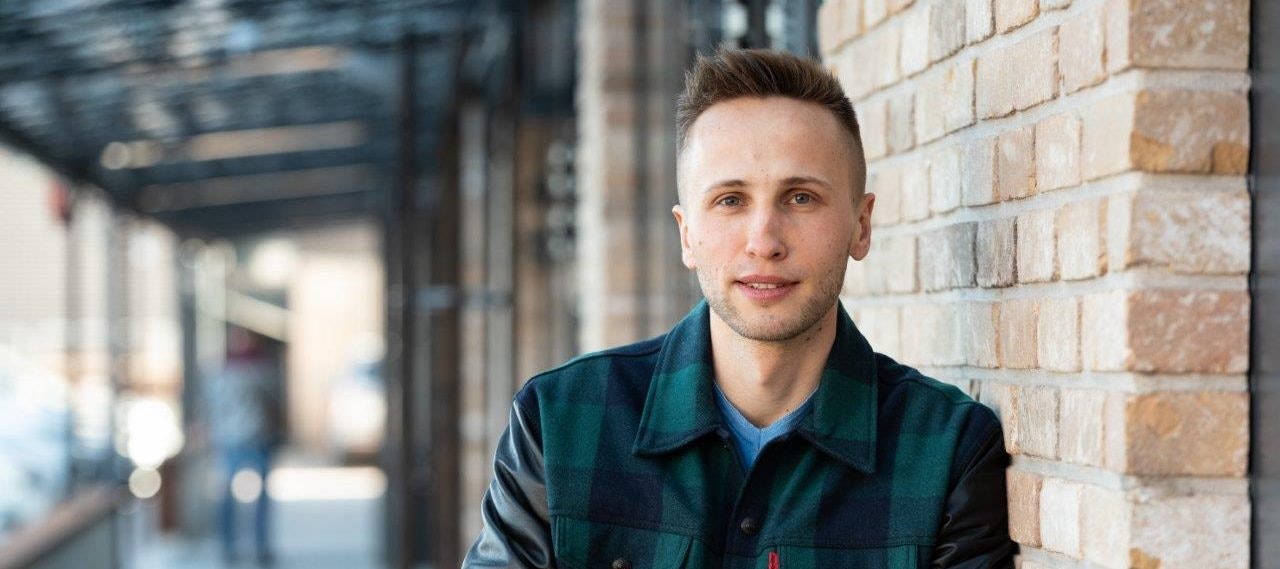
For the investors behind LongeVC, the Latvian-based firm formalised a few months ago, a focus on longevity came naturally. Its first fund has €35m available for investments in early-stage longevity startups.
“Before LongeVC, we were basically a group of individuals that did some collective investments in longevity,” says the partner Sergey Jakimov, who adds:
“We will be looking at both invasive approaches that would require some sort of clinical validation and non-invasive, like AI for drug discovery.”
At the moment, people are discussing their diets. In 10 years, people will be discussing what's their longevity stack
Regge was motivated by the scientific report 'The Hallmarks of Ageing', first published in 2013. Instead of focusing on the diseases that in the end will kill us, it focused on the nine reasons why we got those diseases in the first place and what makes us age.
There are others as well. London-based Apeiron Investment Group, the family office of Christian Angermayer, has backed companies such as Juvenescence, which is chaired by the UK businessman Jim Mellon, and Rejuveron Life Sciences in Switzerland. GALIA Gestion and XAnge have invested in TreeFrog Therapeutics in France.
Zombie-cells and chromosomes caps
Not everyone buys the theory that ageing should be treated as a disease like any other that can — or even should — be cured. Isn’t ageing just part of life?
Yet the whole field of longevity was given a push forward last November after a science team at Tel Aviv University said it had managed to reverse the ageing process for the first time: by giving humans oxygen therapy in a pressurised chamber.
How did this work?
One of the key reasons why we age is that the protective caps at the end of our chromosomes, called telomeres, shorten over time. When there is nothing left of the ends, it causes our DNA to become damaged and therefore our cells to stop replicating.
Another reason is that when our cells have divided a maximum amount of times, they turn into zombie-like, senescent cells that are preventing the regeneration of new cells.
Jakimov compares the process to an end to a shoelace.
“Imagine that every time the cell divides the plasticky bit at the end of the shoelace becomes shorter. It basically compensates for some damage. Once the plasticky thing is gone, this is where the hayflick number is reached, and the cell. In order not to become a mutant, a mechanism steps in that stops the division of the cell.”
For three months, five days a week, the Israeli science team gave a group of healthy people over the age of 65 pure oxygen, through a mask, for 90 minutes. At the end of this period, the length of the patients’ telomeres increased by 20% and senescent cells were reduced by 37% — effectively reducing the biological age of test subjects.
Beyond vitamins
Vitamins in all forms and shapes have been said to have an effect on life expectancy, however, some are starting to believe that to be wrong.
“When you dive deeper, you realise that the whole industry of multivitamins is actually kind of an unnecessary industry because it rarely has any effect on health or lifespan. And I think that's the ultimate goal that we want to live longer healthier lives. But you realise that there are some things that have a profound impact,” Regge says.
When it comes to drugs, there are not a lot out there so far proven to delay the onset of age-related diseases. However, there are some, already on the market, that are looking promising, according to Regge. The big three to watch, he says, are the sleep hormone melatonin, the diabetes drug metformin and the protein rapamycin.
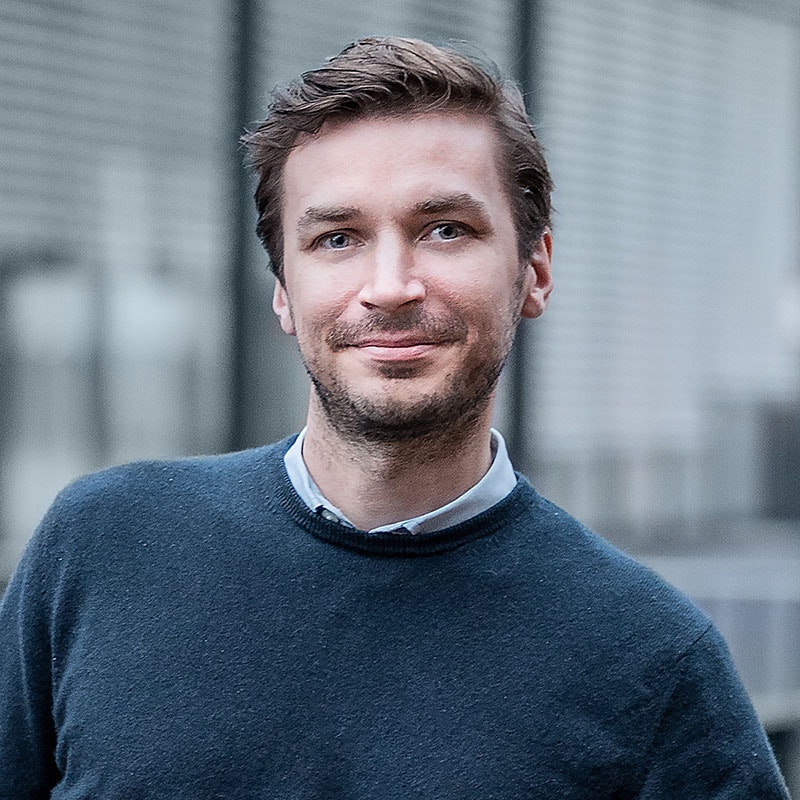
“I take melatonin, and when I'm travelling, not working out or sleeping well, I take metformin as well,” he says.
But what makes these drugs different from the magic pills sold online promising us longer healthier lives? The VC firm Apollo requires startups to go through rigorous clinical trials on humans before they invest.
“With our fund we ultimately want will finance real double-blind placebo-controlled clinical studies on humans and collect their biomarkers, where you can really prove that somebody is healthy, not just you know, ‘Hey this is this magic pill and just because I’m allowed to make a claim and sell it over Amazon, I’ll do it’.”
But where is the AI, the deeptech and the machine learning in all this?
It does exist.
Biomarkers and AI
Apart from startups working on the drugs or the end of our chromosomes and zombie cells, we have those making sure we measure it all in detail. With the use of AI and biomarkers, these startups have an important role to play, according to Regge.
“For people who are taking those drugs, probably approved for a different indication, you need to have those biomarkers to really understand how the health of those users are affected by taking them — are they actually getting younger. Those companies, both biomarkers and AI, are super important for that space,” he says.
I take melatonin, and when I'm travelling, not working out or sleeping well, I take metformin as well
This is also an area where VC firms like Apollo, Heal Capital and LongeVC are looking to invest. About a third of LongeVC's fund is focused on invasive, innovative therapeutics that require clinical trials. For the remaining two thirds, LongeVC is looking at technology like AI, diagnostics and biomarkers.
And this space is attracting tech entrepreneurs.
Michael Geer, part of the founding team behind Badoo, hooked onto longevity after losing an old friend and a family member to cancer. Over a pint of Guinness, Geer managed to get Peter Ward, one of the founders of the early social network WAYN where Geer had been the operating officer, on board to form a company.
The Humanity app
What they decided to create was Humanity, an app that combined both biological markers and digital biomarkers able to be pulled from a smart device. Only a year in, they are already attracting a lot of attention from investors.
Since founding the company in 2019 it has raised capital from the renowned American health tech investor Esther Dyson and VC firm One Way Ventures, with a focus on backing immigrant backers. Geer and Ward can also brag about having specialists like the biomedical gerontologist Aubrey de Grey on their advisory board — even before having a beta product on the market.
“We spent a lot of time really doing our research in the space and meeting all of the scientists, trying to validate what was the most impactful value proposition that we could bring to market, using our skillset of having built out millions of users on our platforms,” Ward tells Sifted.
“So we're surrounding ourselves with the right type of people to help us implement the right scientific models. And then we're using our expertise in building a really great user experience.”
Measuring your biological vs your chronological age
When testing the alpha version of the app, the team accessed the most advanced biological ageing clock models for DNA methylation, blood and digital that they could find. What they found was that the digital ageing models gave them a lot more data than what was provided by DNA or blood. By having that amount of data, Humanity can use AI and machine learning to get the user’s biological age and also see what you can do to change it.
“With AI and machine learning we can use longitudinal datasets to create an accurate rate of ageing on a biological age model. And then secondly, to extrapolate that against the actions, which you can continuously monitor from wearables and your phone as well as what people tell you,” Peter Ward says.
“And then you look for a signal in what's working for people — what's likely to improve their health and so their ageing.”
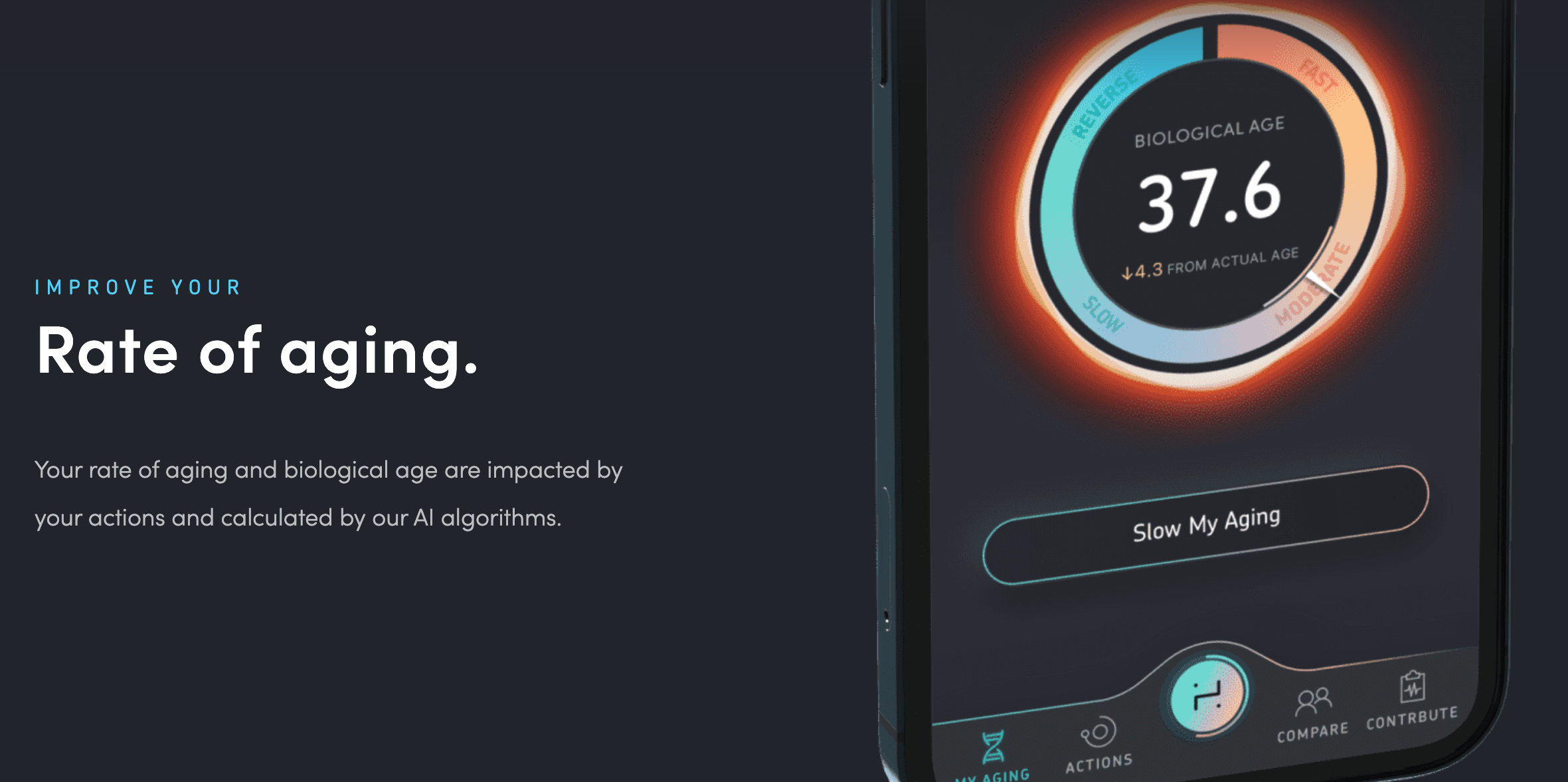
Humanity will start by offering users a rate of ageing and for a premium, the company will unlock the user’s 'real' biological age, in comparison to their chronological age, and an offer to monitor the user’s blood or DNA.
“I think we're gonna see a lot of interesting discoveries and breakthroughs in the next 10 to 20 years, but there is a tonne of stuff that we can do right now. We just haven't been using the right frameworks to understand whether what we're doing is working or not and now that's possible,” Ward says.
13 European longevity startups to keep an eye on:
The Dutch company Cleara Biotech is developing senescence biomarkers for diagnostics and drug targeting. In 2018 it raised a seed round from Apollo Health.
Senisca was spun out of Exeter University in 2020 and is dedicated to the development of new approaches to reverse cellular senescence.
Senolytic Therapeutics is a Barcelona-based biotech startup founded in 2017 developing novel medicines that target senescent cells.
Life Length is a Spanish company founded in 2010 and has developed a technology for measuring telomere length.
Tree Frog Therapeutics is a French stem cell company that develops C-stem, a platform to accelerate the making of self-replicating cells which can form to grow any part of the human body.
The UK-US company Juvenescence is creating a network for longevity companies, scientists as well as AI specialists. It has so far invested in approximately 15 startups. The hopes to IPO in the coming year.
Eternans is a UK-based biotech startup, founded in 2017, and is developing senolytic agents to selectively kill senescent cells.
Samsara Therapeutics has developed a screening platform that identifies new molecules that extend healthy lifespan across species, and is funded by Apollo Ventures.
The Swiss company Rejuveron is a biotech platform company, that together with entrepreneurial scientists, develops and improves therapies and technologies in this space.
The UK-US startup Humanity monitors your rate of ageing and helps users understand which actions will slow down the individual’s rate of ageing.
Tracked.bio is a Danish biotechnology company that develops fully automated phenotyping and identification systems for model organisms with the use of deep learning. The systems help effectively evaluate the efficacy of ageing interventions.
Age Labs is a Norwegian molecular diagnostics company that discovers, develops and commercialises diagnostic tests for the early detection of age-related diseases.
The Swiss startup Centaura, founded in 2019, aims to prevent and reverse ageing by using machine learning to analyse the DNA setup in order to develop an ageing profile.

